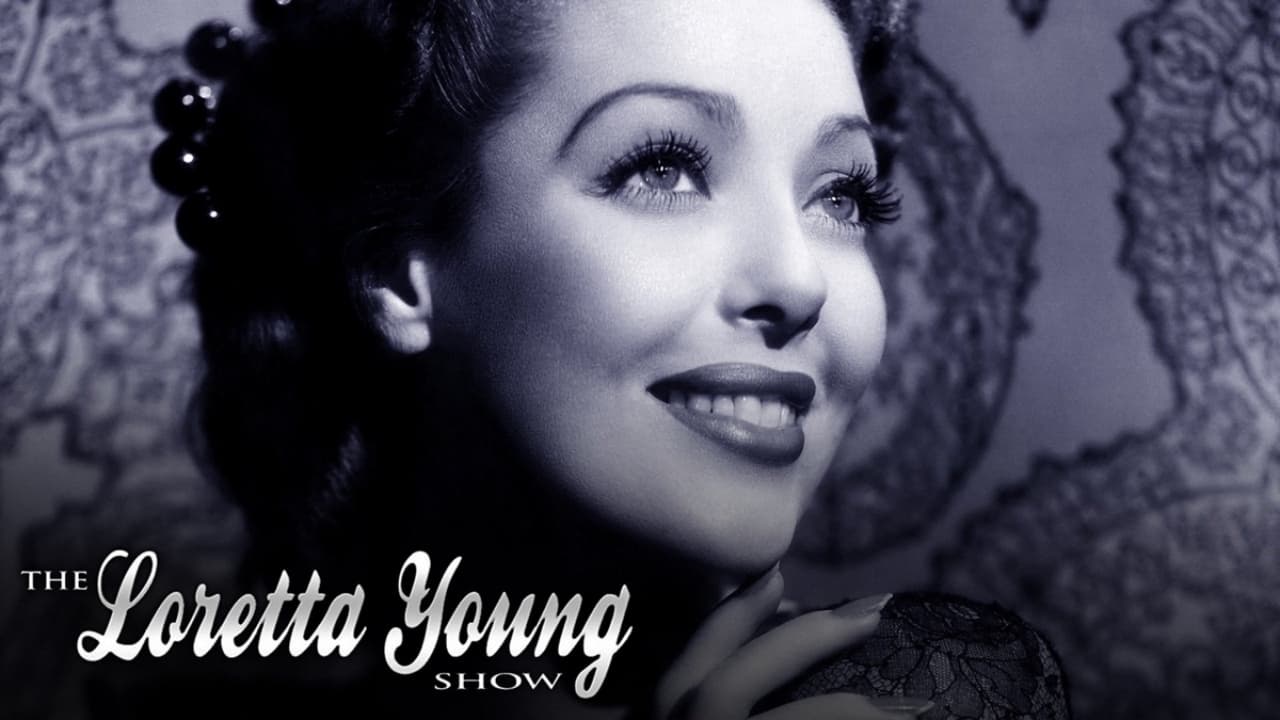

NBC
Featured Show:
Letter to Loretta
Letter to Loretta is an American anthology drama series telecast on NBC from September 1953 to June 1961 for a total of 165 episodes. The filmed show was hosted by Loretta Young who also played the lead in various episodes. Letter to Loretta was sponsored by Procter & Gamble from 1953 through 1960. The final season's sponsor was Warner-Lambert's Listerine.
NBC TV Shows
1615 shows • Page 75 of 81
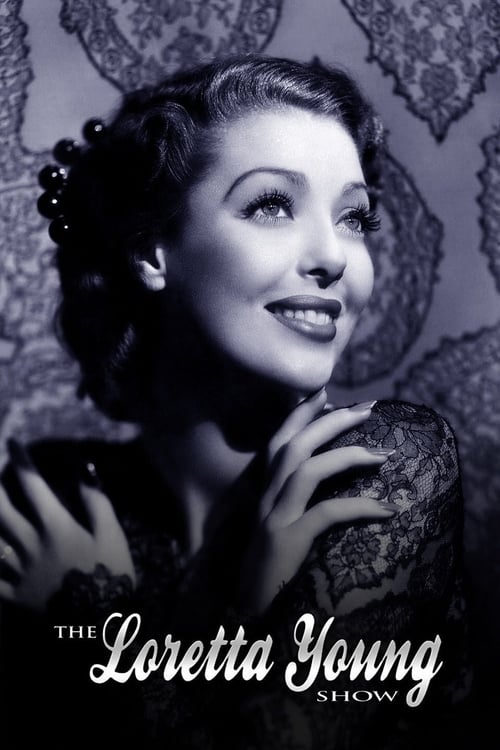
Letter to Loretta
Letter to Loretta is an American anthology drama series telecast on NBC from September 1953 to June 1961 for a total of 165 episodes. The filmed show was hosted by Loretta Young who also played the lead in various episodes. Letter to Loretta was sponsored by Procter & Gamble from 1953 through 1960. The final season's sponsor was Warner-Lambert's Listerine.
 0
0Bonino
Bonino is an ethnic situation comedy television series starring Ezio Pinza as an Italian-American opera singer trying to rear his six children after the death of their mother. The program aired on live NBC from September 12 to December 26, 1953. Pinza's character is named Babbo Bonino. Character actress Mary Wickes portrayed Martha the housekeeper, a role which she filled over the years in numerous other series. The actors portraying the children were Conrad Janis as eldest son Edward, Lenka Peterson as older daughter Doris, Chet Allen as Jerry; Oliver Andes as Carlo, Gaye Huston as Fancesca, and Van Dyke Parks as Andrew, the youngest. Allen had earlier appeared as Amahl in Gian Carlo Menotti's Amahl and the Night Visitors on NBC's Hallmark Hall of Fame in 1951-1952. Parks, who grew up in Lake Charles, Louisiana, became a rock-music producer and composer who cowrote with Brian Wilson the Beach Boys' hits "Heroes and Villains" and "Surf's Up".Mike Kellin, who was cast the following year in Celeste Holm's short-lived CBS sitcom Honestly, Celeste!, appeared in the role of Rusty. David Opatoshu, portrayed Walter Rogers, Babbo's agent, who tries to convince him to return to singing. As each episode unfolds, Bonino realizes that his children are more independent than he thought. Pinza sang in each episode.Anthony Eisley, later of ABC's detective series Hawaiian Eye, guest starred in Bonino as John Clinton.
 0
0Judge for Yourself
Judge for Yourself, at first subtitled The Fred Allen Show, is a Mark Goodson and Bill Todman nontraditional court show/quiz show, with comedian Fred Allen as the emcee. It aired on NBC from August 18, 1953 to May 11, 1954. Dennis James was the series announcer but took over as host in January 1954. Each week three performers – singers, dancers, musicians, or comedians – were judged by two panels, one of professional entertainers and the other from the studio audience. If one of the amateur judges rated the acts 1, 2, or 3 in the same order as the celebrities, that individual would win a $1,000 prize. Two instrumental jazz groups that appeared on Judge for Yourself had considerable success thereafter, vibraphonist Terry Gibbs and the Marian McPartland Trio. The original intent of the series was to allow Allen to interact with guests, much as Groucho Marx did on his own NBC series, You Bet Your Life. The complicated format first employed, however, was revamped in the middle of the season. On the episode which aired on January 5, 1954, the professional judges were dropped, and the studio audience panel rated new songs to predict future hits, the comparable format of ABC's Jukebox Jury, which also aired in the 1953–1954 season.
 0
0Atom Squad
Atom Squad was an American science-fiction series that was broadcast live by the NBC network, July 6, 1953 to January 22, 1954, Monday-Friday, 5:00 to 5:15 PM EST.
 0
0Coke Time with Eddie Fisher
Coke Time with Eddie Fisher is an American musical variety television series starring singer Eddie Fisher which was broadcast by NBC on Wednesday nights in early prime time from 1953 to 1957. The program was aired from 7:30 to 7:45 p.m. Eastern Time on Wednesdays and Fridays, and was not seen during the summer months..

The Oscars
An annual American awards ceremony honoring cinematic achievements in the film industry. The various category winners are awarded a copy of a statuette, officially the Academy Award of Merit, that is better known by its nickname Oscar.
 0
0Your Favorite Story
Your Favorite Story is the title of a TV comedy anthology series that aired from 1953 through 1955. It premiered in December 1954 with the title Your Favorite Playhouse. This program was adapted from the radio show Favorite Story which ran from 1946 through 1949. The program's 25 episodes starred Adolphe Menjou and featured episodes originally written by Leonard St. Clair, William Makepeace Thackeray, and Frank R. Stockton.
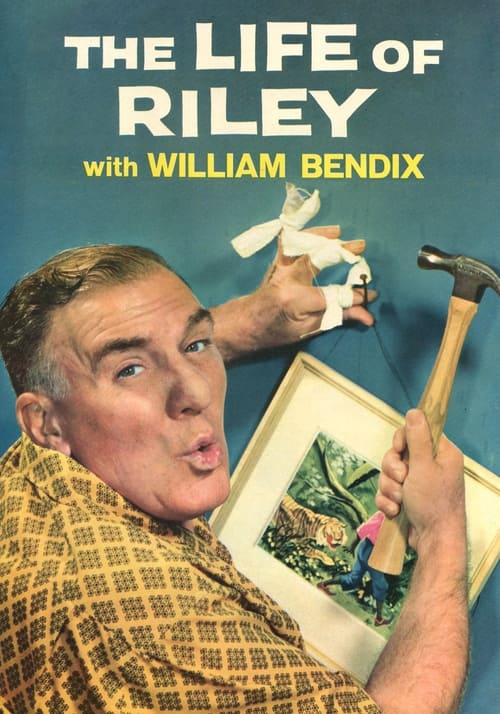
The Life Of Riley
Riley worked in an aircraft plant in California, but viewers usually saw him at home, cheerfully disrupting life with his malapropisms and ill timed intervention into minor problems.
 0
0Name That Tune
Name That Tune is an American television game show that put two contestants against each other to test their knowledge of songs. Premiering in the United States on NBC Radio in 1952, the show was created and produced by Harry Salter and his wife Roberta. Name That Tune ran from 1953–1959 on NBC and CBS in prime time. The first hosts were Red Benson and later Bill Cullen, but George DeWitt became most identified with the show. Richard Hayes also emceed a local edition from 1970–1971, which ran for 26 weeks in a small number of markets. However, the best-remembered syndicated Name That Tune aired once a week from 1974–1981 with host Tom Kennedy. The series was revived for daily syndication in 1984, and its lone season was hosted by Jim Lange. For the last two of these series, John Harlan served as announcer. The centerpiece of each Name That Tune series was an orchestra, which would play the songs for the contestants to guess. The syndicated series' orchestras were conducted by Bob Alberti, Tommy Oliver, and Stan Worth. A second band, Dan Sawyer and the Sound System, was also featured from 1978–1981. Beginning in 1976 and continuing for the remainder of the weekly syndicated series, as well as for the entire 1984 run, the show's title became The $100,000 Name That Tune.

Ding Dong School
Ding Dong School, billed as "the nursery school of the air", was a half-hour children's TV show which began on WNBQ-TV in Chicago, Illinois a few months before its four-year run on NBC. A precursor to both Sesame Street and Mister Rogers' Neighborhood, the show was hosted live by Frances Horwich, and at one point was the most popular TV series aimed at preschoolers. The show and its host, Miss Frances, were mentioned in the comic strip Peanuts in 1955 and 1956. The show was revived in 1959 as a syndicated program, now videotaped and distributed by National Telefilm Associates. This iteration ran until 1965. Five NBC kinescoped episodes from 1954-1955 are housed at the Library of Congress, in the J. Fred and Leslie W. MacDonald Collection.
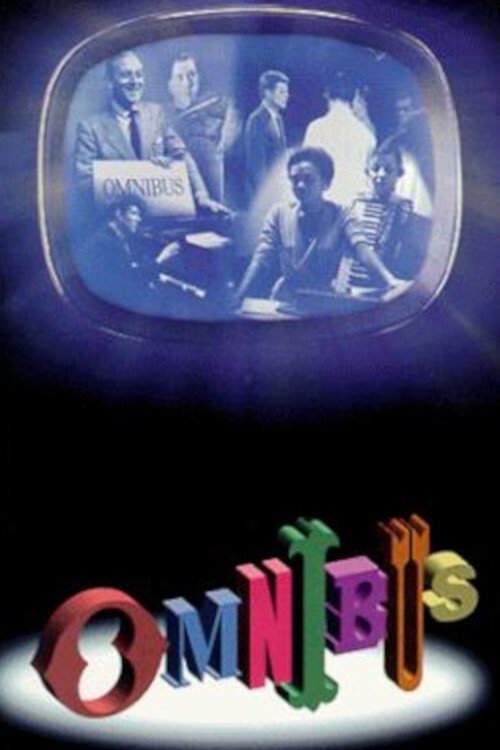
Omnibus
Omnibus is an American, commercially sponsored, educational television series.

My Hero
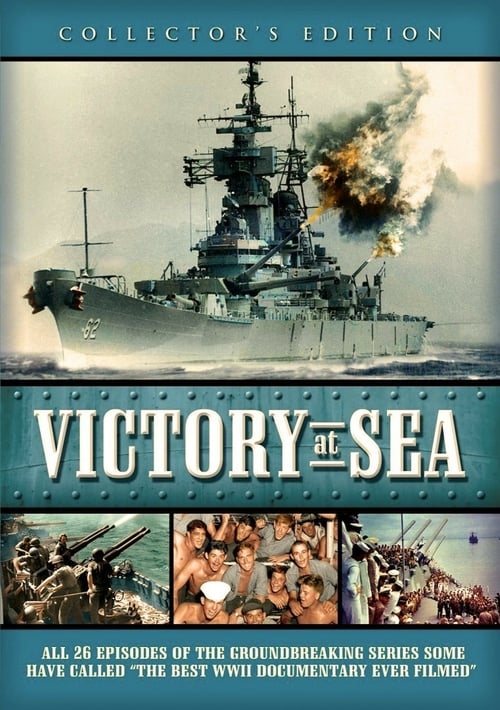
Victory at Sea
Victory at Sea is a documentary television series about naval warfare during World War II that was originally broadcast by NBC in the USA in 1952–1953. It was condensed into a film in 1954. Excerpts from the music soundtrack, by Richard Rodgers and Robert Russell Bennett, were re-recorded and sold as record albums. The original TV broadcasts comprised 26 half-hour segments—Sunday afternoons at 3pm in most markets—starting October 26, 1952 and ending May 3, 1953. The series, which won an Emmy award in 1954 as "best public affairs program", played an important part in establishing historic "compilation" documentaries as a viable television genre. Over 13,000 hours of footage gathered from US, British, German and Japanese navies during World War II were perused in the making of these compelling episodes.
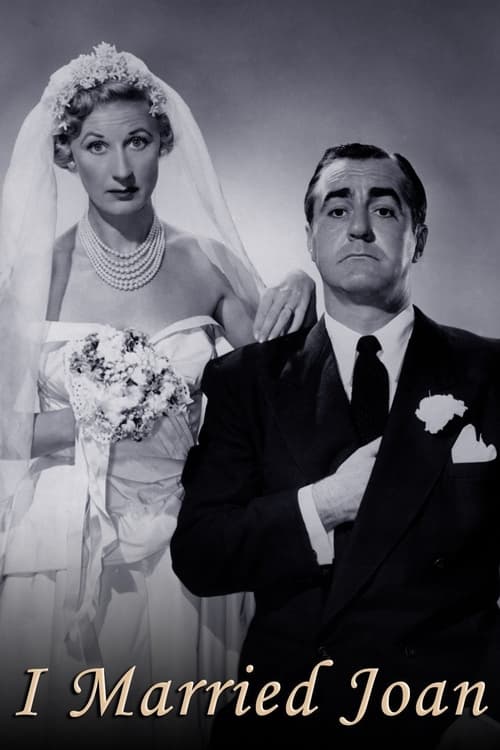
I Married Joan
I Married Joan is an American sitcom that aired on NBC from 1952 to 1955. It starred veteran vaudeville, film, and radio comedienne-comedy actress Joan Davis as the manic, scatterbrained wife of a mild-mannered community judge, the Honorable Bradley Stevens.
 0
0The Red Buttons Show
The Red Buttons Show premiered on the CBS television network in 1952, and ran for two years on that network, then moved to NBC for the final 1954-55 season. Red's catch phrase from the show, "Strange things are happening!" entered the national vocabulary briefly in the mid-1950s.
 0
0Doc Corkle
Doc Corkle is an American Television sitcom that was broadcast on NBC on Sunday nights for three weeks from October 5 to October 19, 1952. The show's sponsor, Reynolds Metals, was so disappointed with the program that it was canceled and replaced by Mr. Peepers.
 0
0Gulf Playhouse
Gulf Playhouse is an NBC anthology series that aired on Friday nights. It was a live show that was seen through the "eye" of the camera. The actors in each episode would talk to the camera as if it were a person. The show's sponsor was Gulf Oil, and it was produced and directed by Frank Telford.
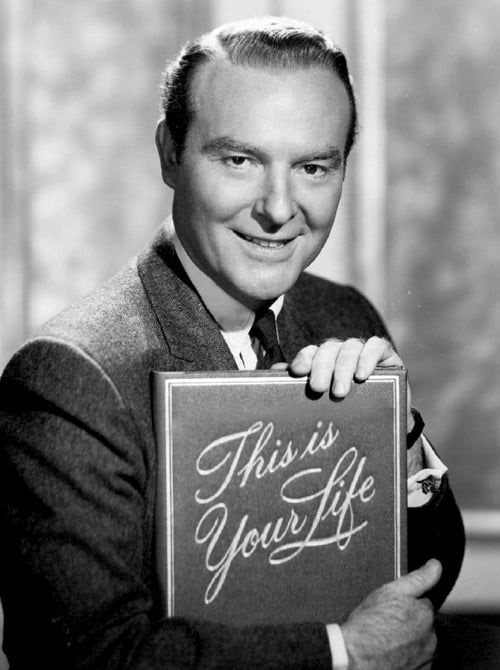
This Is Your Life
This Is Your Life is an American television documentary series broadcast on NBC, originally hosted by its producer, Ralph Edwards from 1952 to 1961. In the show, the host surprises a guest, and proceeds to take them through their life in front of an audience, including special guest appearances by colleagues, friends and family. Edwards revived the show in 1971-72, while Joseph Campanella hosted a version in 1983. Edwards returned for some specials in the late 1980s, before his death in 2005. The show originated as a radio show on NBC Radio airing from 1948 to 1952.
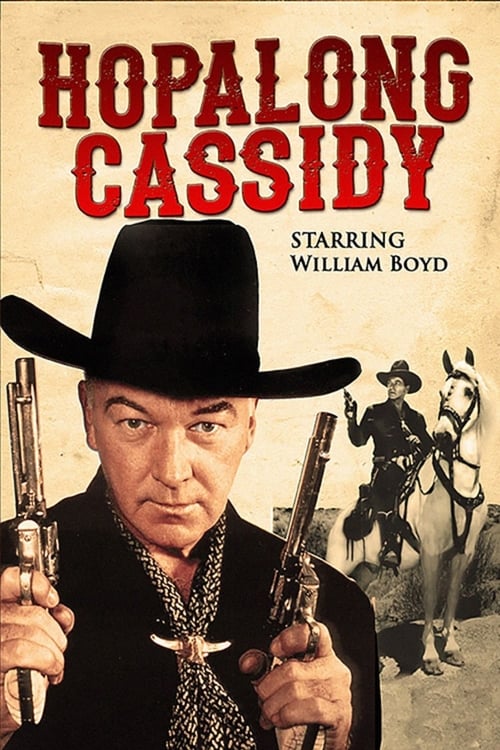
Hopalong Cassidy
Hopalong Cassidy was television's first western program. The series aired on NBC and stared William Boyd as the cowboy Hopalong Cassidy.
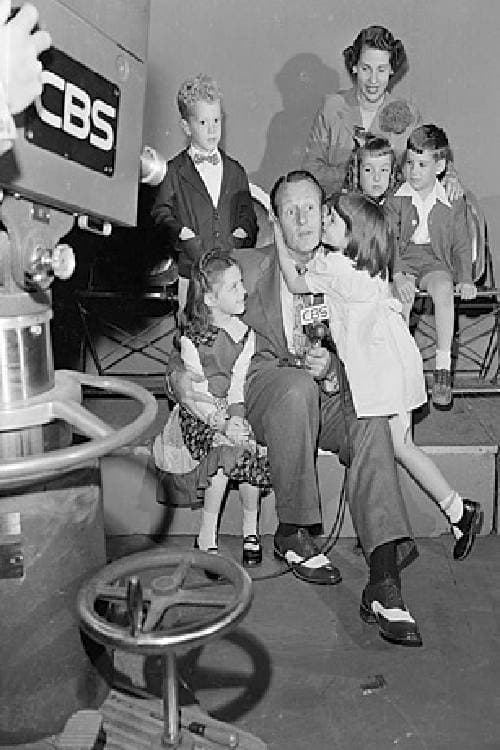
Art Linkletter's House Party
House Party is an American radio daytime variety/talk show that aired on CBS Radio and on ABC Radio from January 15, 1945 to October 13, 1967. It had an equally long run on CBS television as Art Linkletter's House Party and, in its final season, The Linkletter Show, airing from September 1, 1952 to September 5, 1969. The series was launched when producer John Guedel learned that an ad agency wanted to do a new daytime audience participation show, and he pitched a series that would star Art Linkletter. Asked to provide an outline, Guedel and Linkletter came up with a format that would give Linkletter great freedom and allow for spontaneity.